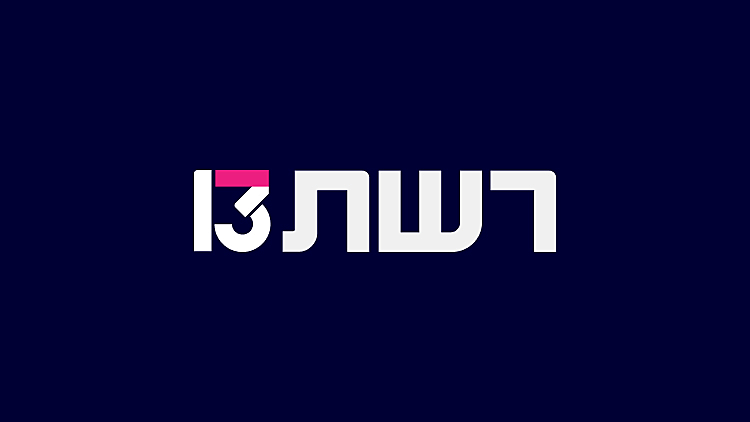יצרני התוכן הם עדיין המלכים
Other banks not snapping up minnow 'dealing room'

Bank of Israel recently approached several retail banks to explore their purchasing the privately-held Euro Trade Bank. None of the banks apparently expressed an interest.
This is the second time in the past year that the central bank has acted as a mediator in the banking sector. About a year ago it approached Bank Hapoalim to inquire if it was interested in purchasing Maritime Bank: the deal closed about two months ago.
Euro Trade Bank is one of the country's smallest banks with equity of NIS 60 million at the end of the third quarter 2002. Public deposits at the end of the quarter were NIS 240 million, down 23% compared to the same quarter in 2001 and down 17% compared to the end of 2001. The bank's credit portfolio at the end of September 2002 was NIS 220 million, similar to that in the previous year.
Bank of Israel's motivation for seeking a Euro Trade buyer is apparently concern regarding its stability as a result of reduced deposits held by the bank. The central bank's concerns were compounded last year by the collapse of Trade Bank and Industrial Development Bank. Due to their collapse, the central bank feared similar results for other small banks and maintained daily contact with them to monitor withdrawals. However, it now appears that Euro Trade is relatively stable, and industry analysts do not expect the public to continue to withdraw deposits from the bank.
A senior banker said yesterday that although talks had been held over a possible sale, Euro Trade was, in effect, a dealing room with a license to operate as a bank. Therefore, it is not particularly attractive, since it offers no premium over a regular dealing room. "There are a number of dealing rooms without a banking license, and if one is interested in buying a dealing room, there is no reason to pay a premium for the banking license since there is no use for it," the banker said. Other senior banking sector sources said that Euro Trade's small credit and deposit portfolio did not make it attractive.
Although it is a small bank, Euro Trade is profitable. In the first three quarters of 2002, the bank posted a profit of NIS 4.5 million, up 95% compared to the same period in 2001.
The bank's capital adequacy ratio at the end of September 2002 stood at 25.18%, close to the 25% minimum rate Bank of Israel demands at Euro Trade. The standard capital adequacy rate required by the central bank is 9%.
This is not the first time that a possible sale of the bank has been raised. In 1998, Ofer Nimrodi was linked to the bank after Yitzhak Arguati, an investor based in the United States who holds Euro Trade's controlling share, failed to meet the demands of then-supervisor of banks Ze'ev Abeles to increase the bank's equity.
At the time, Euro Trade also negotiated with Shmil Weber, controlling shareholder of the now-defunct Trade Bank, over a possible sale, as well.



